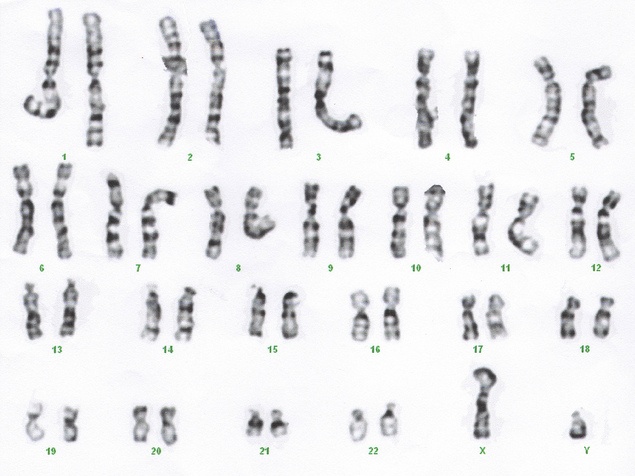Choose your Article Focus | NGS | Molecular & Serology
Challenges of Preimplantation Genetic Testing
Category: New Reference Material, Reproductive Health, PGT, Women's health, NGS, PGS, PGT-A
Posted by
Agnes Caruso,PhD on Dec 15, 2020 12:00:00 AM
Getting pregnant is not always simple and with an increase in the age of first-time mothers, there is an increased need for in vitro fertilization (IVF). IVF allows the generation of embryos in the lab and subsequent embryo transfer to the patient. Successful implantation of the embryo depends on many factors with chromosomal aneuploidy being one of the important factors in a failed IVF cycle. There are several ways the odds of success can be increased and risks of miscarriage are reduced.
0 Comments Click here to read/write comments
Evolution of non-invasive prenatal testing (NIPT)
Category: New Reference Material, trisomy, Reproductive Health, NIPT, Non-invasive Prenatal Testing, NGS, #Quality, reference materials
Posted by
Agnes Caruso,PhD on Feb 5, 2020 12:00:00 AM
Prenatal screening for aneuploidy has changed dramatically since the 1970s. Non-invasive methods developed in the 1980s and 1990s, combined measurements of maternal serum analytes and ultrasonography. The problem with those methods was not just a high false-negative rate of 12% to 23%, a high positive rate of 5% and a poor sensitivity, ranging from 50% to 95% 1. Uncertain results frequently led to invasive procedures such as amniocentesis or chorionic villi sampling to perform karyotyping on fetal samples. Both of those procedures carry a risk of miscarriage.
0 Comments Click here to read/write comments
What is Non-Invasive Prenatal Testing (NIPT)?
Category: New Reference Material, trisomy, Reproductive Health, NIPT, #Quality, reference materials
Posted by
SeraCare Team on Jan 20, 2020 12:00:00 AM
Fetal aneuploidy affects about 9 in 1,000 live births. The definition of aneuploidy is an abnormal number of chromosomes ; with 23 pairs of chromosomes in humans, 46 is the normal number, while aneuploidy individuals will have 45 or 47. In trisomy, there is one additional chromosome, typically chr21, 18 or 13 (it is not a coincidence that these are the smallest chromosomes in humans). Historically, the invasive methods amniocentesis and chorionic villus sampling (CVS) were used with risk to the pregnancy, with about a 1% chance of miscarriage due to the procedure. Non-invasive methods based upon ultrasound and serum biomarkers are useful screening tests, but were of limited reliability as they were indirect measures of chromosomal abnormalities1. Photograph courtesy of Flickr user Can H.
0 Comments Click here to read/write comments





